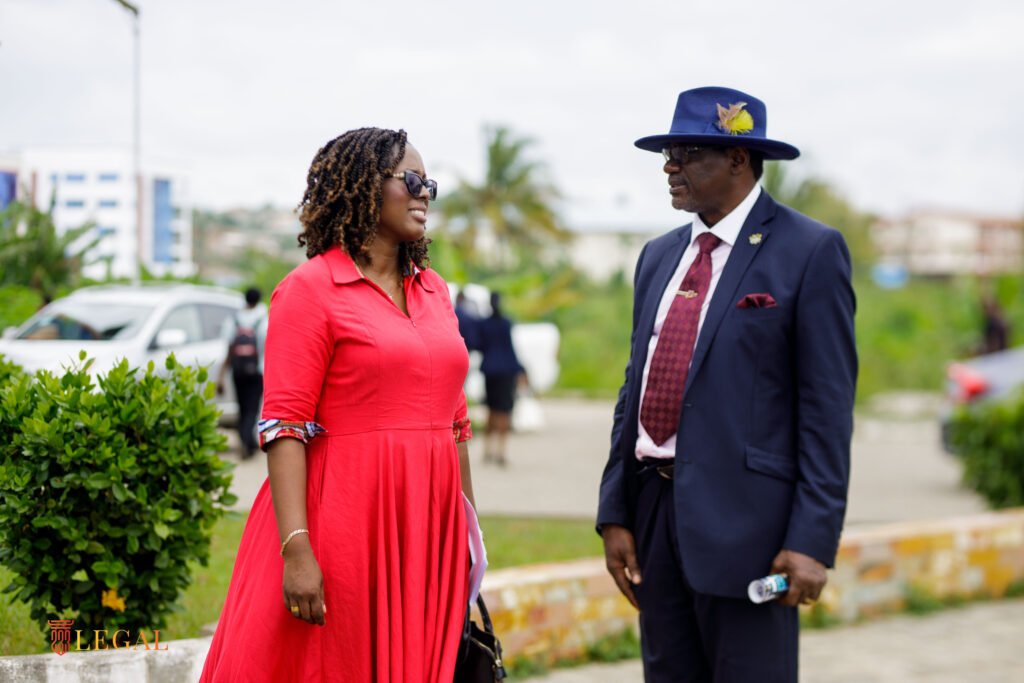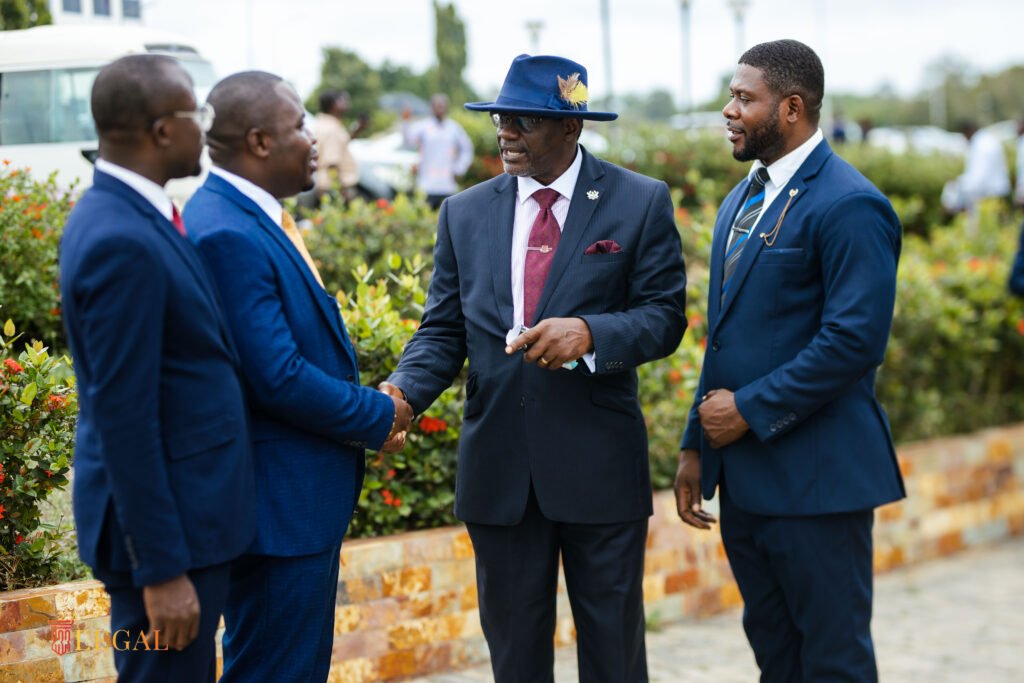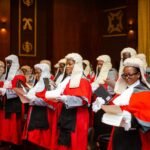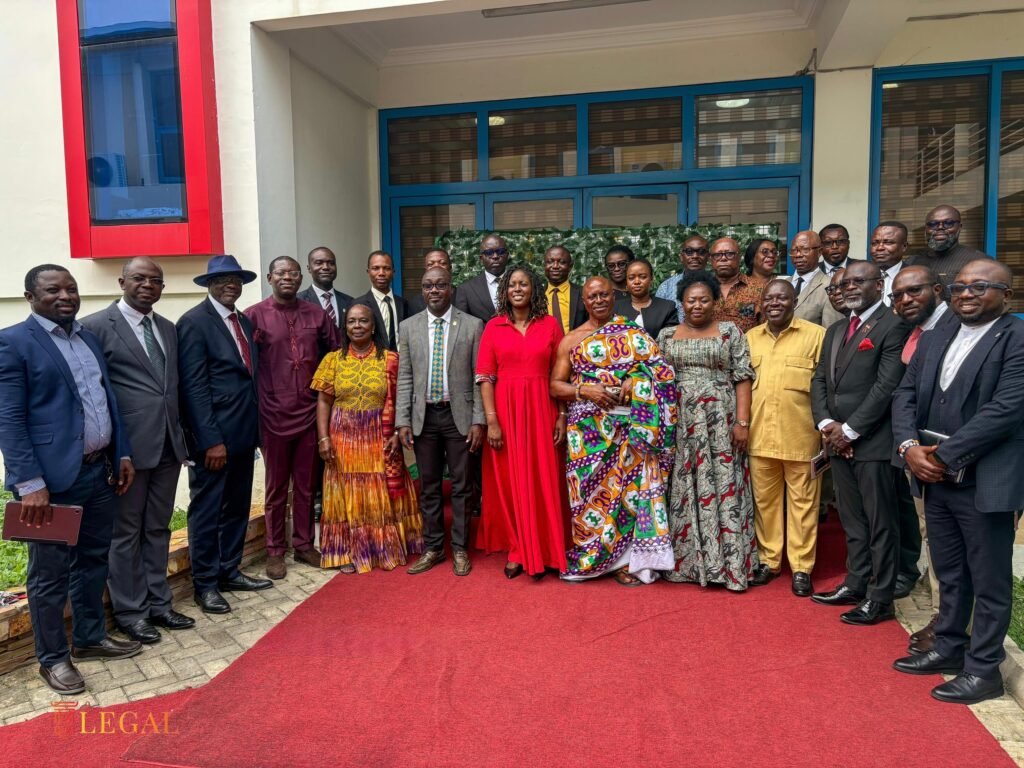
June 16, 2025
On June 12, 2025, the University of Cape Coast Faculty of Law (UCCFoL) held the 12th edition of its flagship event- the Jurists’ Confab under the timely and thought provoking theme: “Re-writing the Rulebook: Constitutional Reform in Ghana.”
The annual Confab is a premier platform that brings together stakeholders from that Bar, the Bench, academia, government agencies, and civil society to deliberate on pressing legal and policy issues.
.
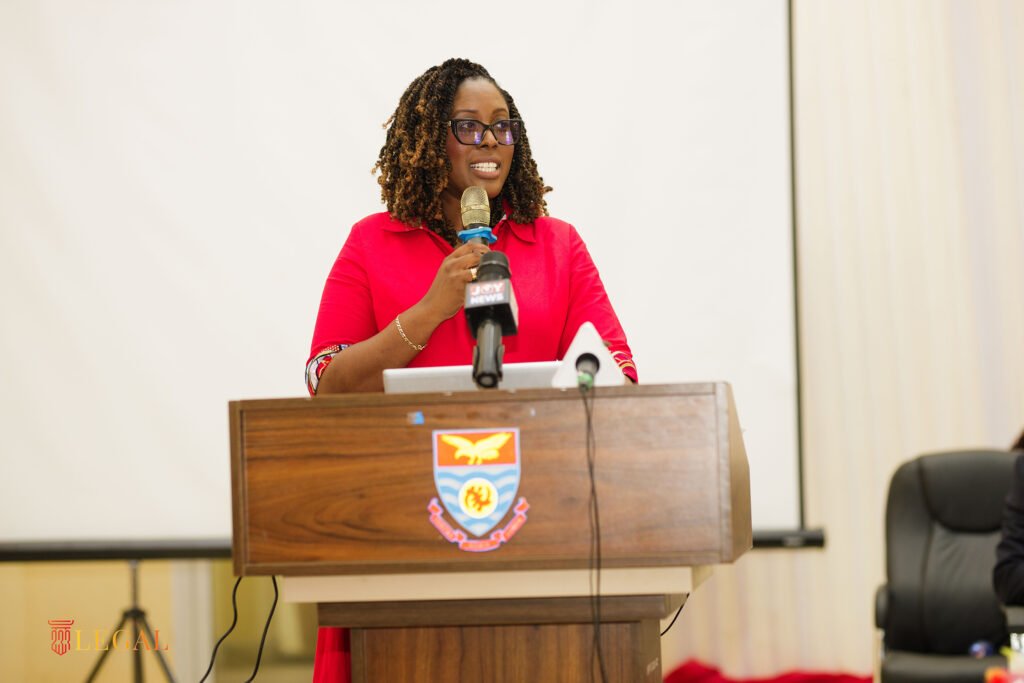
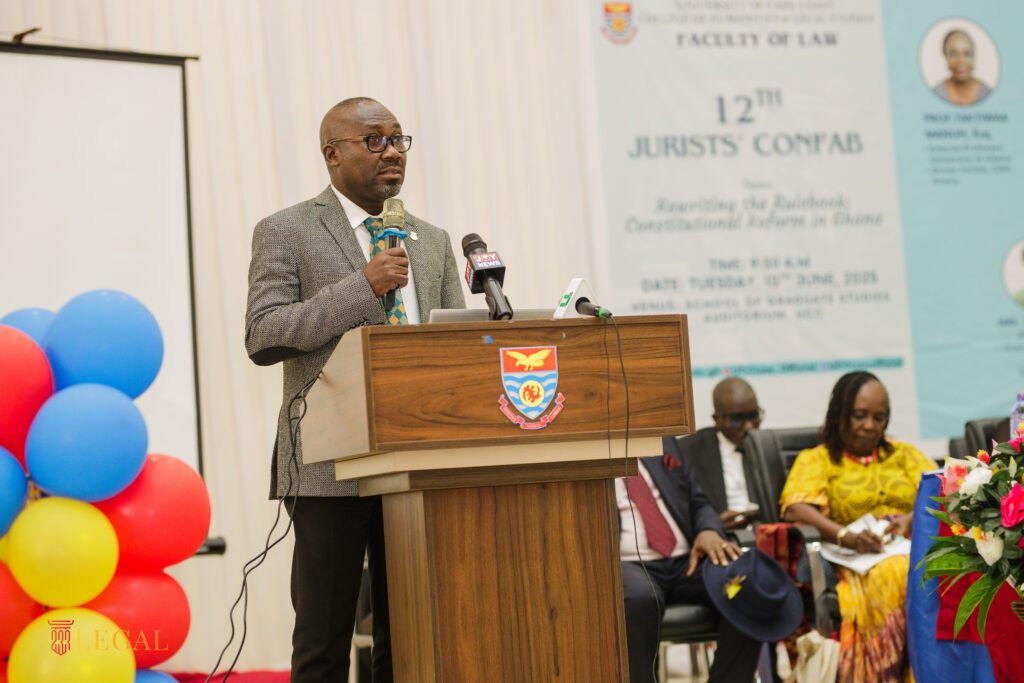
This year’s conference featured three distinguished speakers—Professor Emerita Takyiwaa Manuh, Mr. Bright Simons, and Mrs. Clara Kasser-Tee Esq.—each of whom offered penetrating perspectives on the Constitution’s impact on governance, justice, and national development.
Prof. Takyiwaa Manuh, Senior Fellow at CDD-Ghana, delivered the opening keynote . She critiqued Ghana’s current constitutional architecture arguing that the prevailing “rules of play” have enabled overcentralization of power and entrenched systemic inequities. She called for bold and transformative reforms, advocating for a governance framework grounded in inclusion, decentralization, and minority protections, aimed at minimizing corruption and realigning national governance with equitable development goals.
Next, Mr. Bright Simons, Vice-President of IMANI Africa, presented a compelling economic critique rooted in the concept of fiscal constitutionalism. He proposed the constitutional entrenchment of fiscal discipline—through limits on executive borrowing and public spending—as a safeguard against recurring economic instability. Simons argued that without such structural constraints, Ghana’s economy risks remaining in a perpetual cycle of debt and crisis
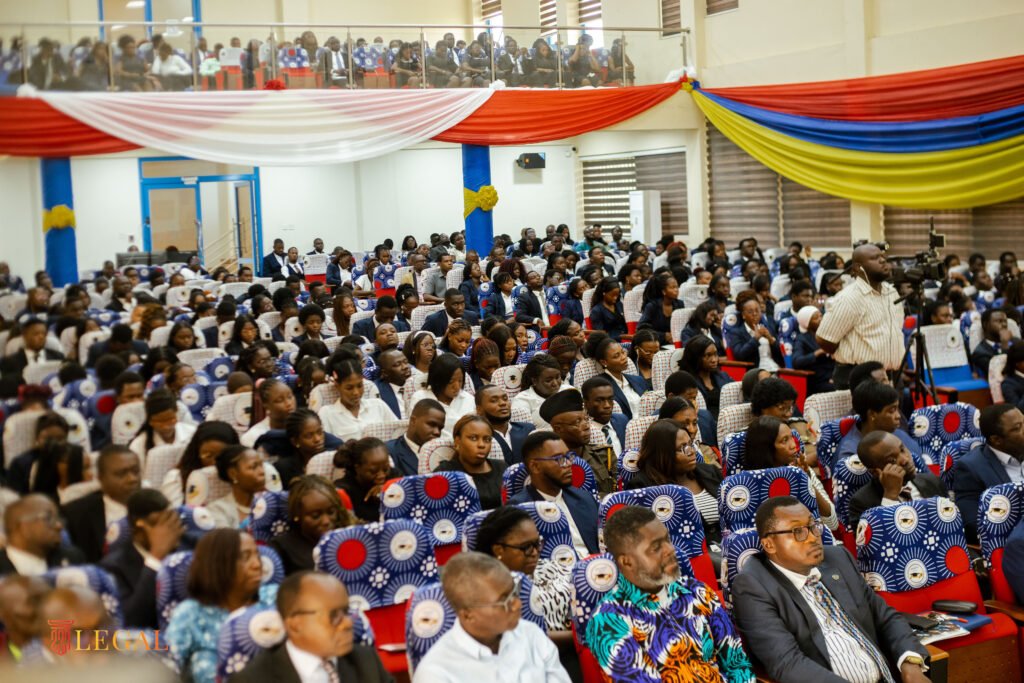
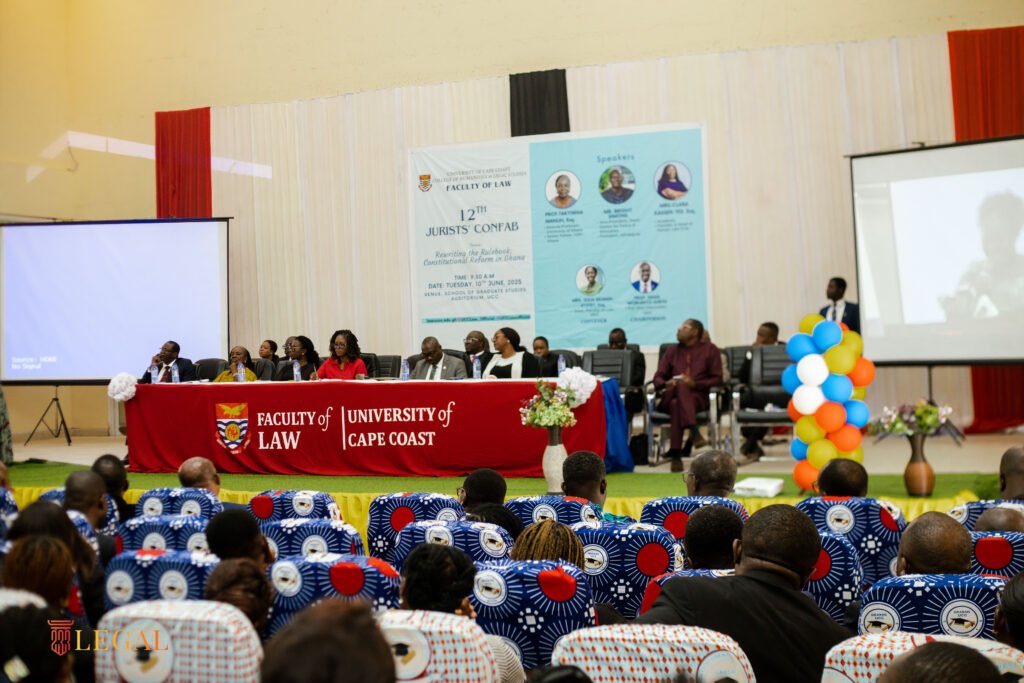
For her part, Mrs. Clara Kasser-Tee, a legal academic and chairperson of the 2023 Constitutional Review Consultative Commission, offered a more tempered view. Describing the 1992 Constitution as “Ghana’s most vilified yet most enduring legal document,” she cautioned against impulsive reform. She urged participants to distinguish between constitutional flaws and failures of leadership and political will, encouraging a reflective, evidence-driven approach to constitutional review.
The conversations at the 12th Jurists’ Confab revealed the layered complexity of constitutional reform in Ghana. While some voices push for structural amendments, others emphasize the need for more faithful implementation and enforcement of existing provisions to ensure accountability and institutional resilience.
As Ghana grapples with evolving governance challenges, the insights shared at this year’s Confab offer critical direction for policymakers, legal practitioners, and civic actors committed to shaping a more just and effective constitutional order.
